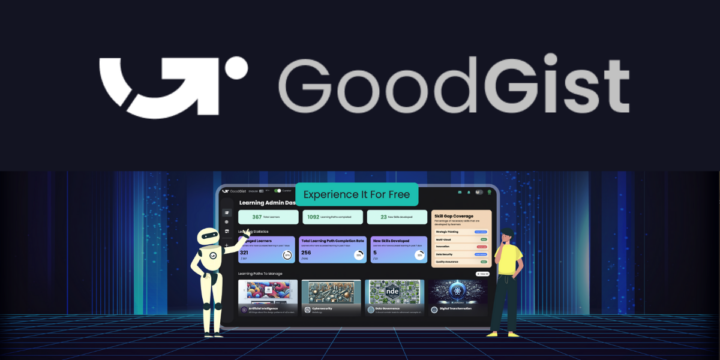Thanks to the Midwest’s affordable cities and high median wage growth rate (nearly twice that of the West) the last few years have brought an influx of sales employment to the region which is projected to continue to increase. Recent statistical calculations see the U.S. topping 15 million sales employees in 2018, with many of those sales jobs expected to aggregate in favorable employment regions ripe for growth- like the Midwest.
This is great news for the many employees across varied industries who are feeling vulnerable in the face of artificial intelligence (AI) innovations. Though AI technological advancements are projected to decrease jobs in some fields, positions requiring high interpersonal skills like those required in person to person sales, are not jobs that are in danger of being replaced entirely by AI anytime soon. Jobs that require complex social knowledge and situationally specific nuanced understandings of humor, empathy, and psychology will continue to require humans to be intricately involved, however, that’s not to say that AI isn’t going to improve the industry.
One sales focused AI technology founded in San Francisco has already developed a tool to help sales teams reach maximize sales rep potential, using AI to learn from the best sales representatives and then bringing the whole team up to par.
Qurious is focused on developing a playbook management platform for sales reps and includes an impressive set of features. Sabrina Atienza and George Ramonov, computer scientists with strong mathematical backgrounds and experience in machine learning algorithms, founded the startup in 2013 and have been innovating in the field ever since.
Atienza explains that sales conversations with customers are quite unstructured, and AI is a long way from being a reliable rep replacement entirely. Instead of looking to replace sales reps, by breaking sales conversations down into chunks, or ‘dialog acts’ they were able to build an AI platform that recognizes speech patterns and learns from the successful strategies of top reps, and then creates interactive guides for the best course of action.
By harnessing the power of AI analysis of top reps, the Qurious platform puts together effective sales strategies after only a few days of listening to A players within the team and analyzing their actions and call outcomes.
The system then deploys the results across the whole sales team, and things get interesting fast. In addition to creating a new personalized playbook, the AI also deploys voice aide with the right answers to any customer question at the right time, in nudge-like suggestions a rep can immediately act upon. This aid can also instruct a rep to stop and listen or to modify the course of the interaction through better questions. The Qurious system integrates seamlessly with CRM, phone and other systems, starting automatically along with a sales call.
While A players will probably not benefit much from the platform, B players will improve substantially. As middle performers make up the bulk of a team, revenue increases dramatically as it reaches a more even execution.
The improvement in sales performance is especially marked in new reps, who experience constant coaching in a way similar to call shadowing. Implementing Qurious right before getting new reps onboard is bound to make a steep learning curve seem like a tiny bump in the road for new players.
The technology is also extremely versatile. The AI continues to learn and hone playbooks as it analyzes strategies in calls and monitors outcomes. When doing so, it builds a fully customized solution that adapts to cultural differences, accents, customer expectations and difficulties faced by reps, among many other variables. Needless to say, real-time statistics and visualizations are an integral part of the platform, providing valuable information for decision-making.
Though the potential for Qurious and similar AI solutions are impressive, in sales, these products currently reinforce the current paradigm that promotes new technological solutions for specific problems, that still require a human at the steering wheel. It is exciting to see how AI technologies are interacting with each industry and how humans are using the technologies to improve existing processes.









